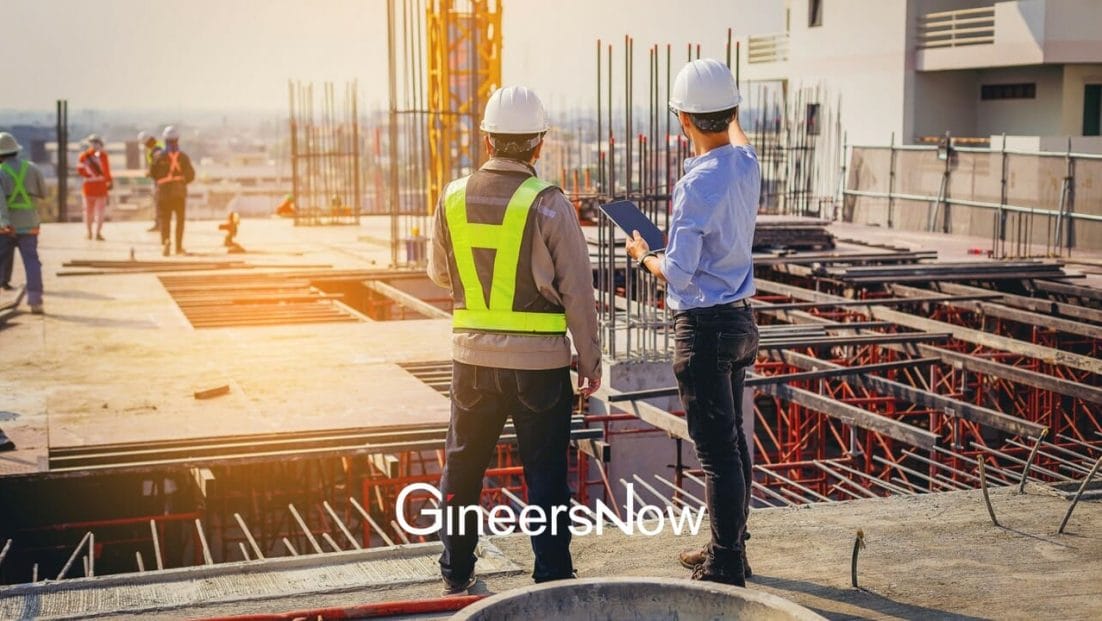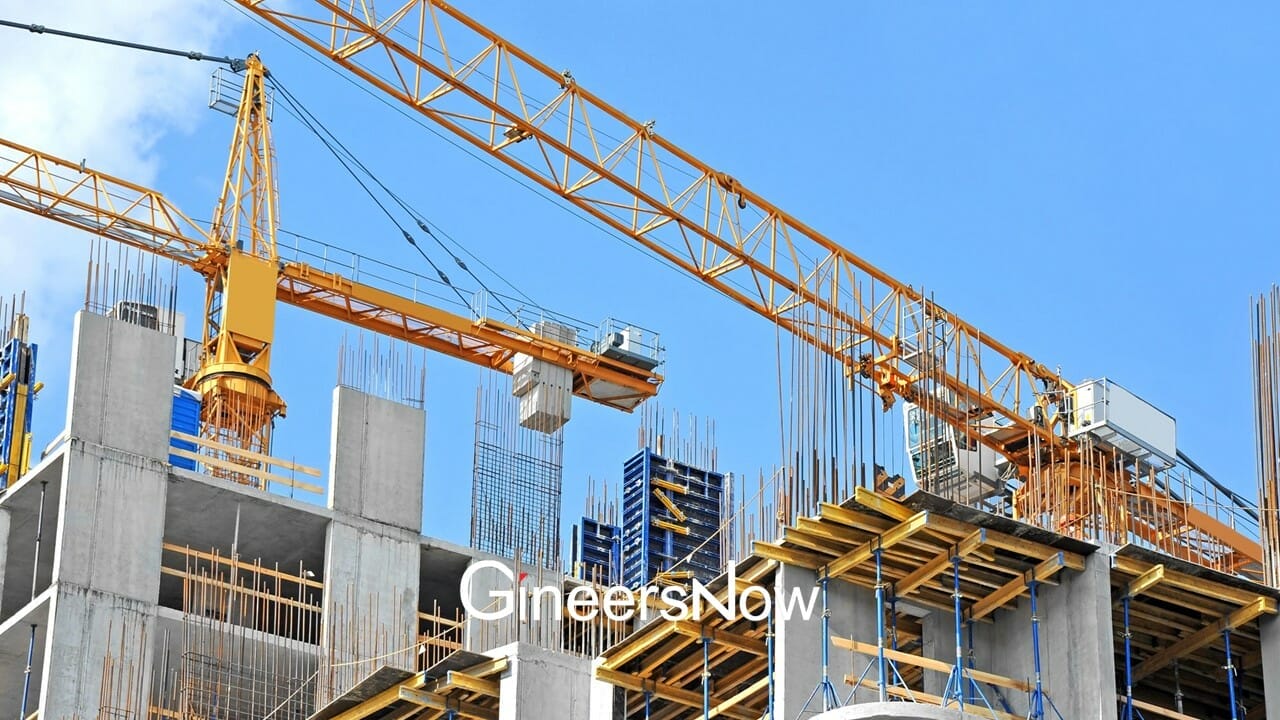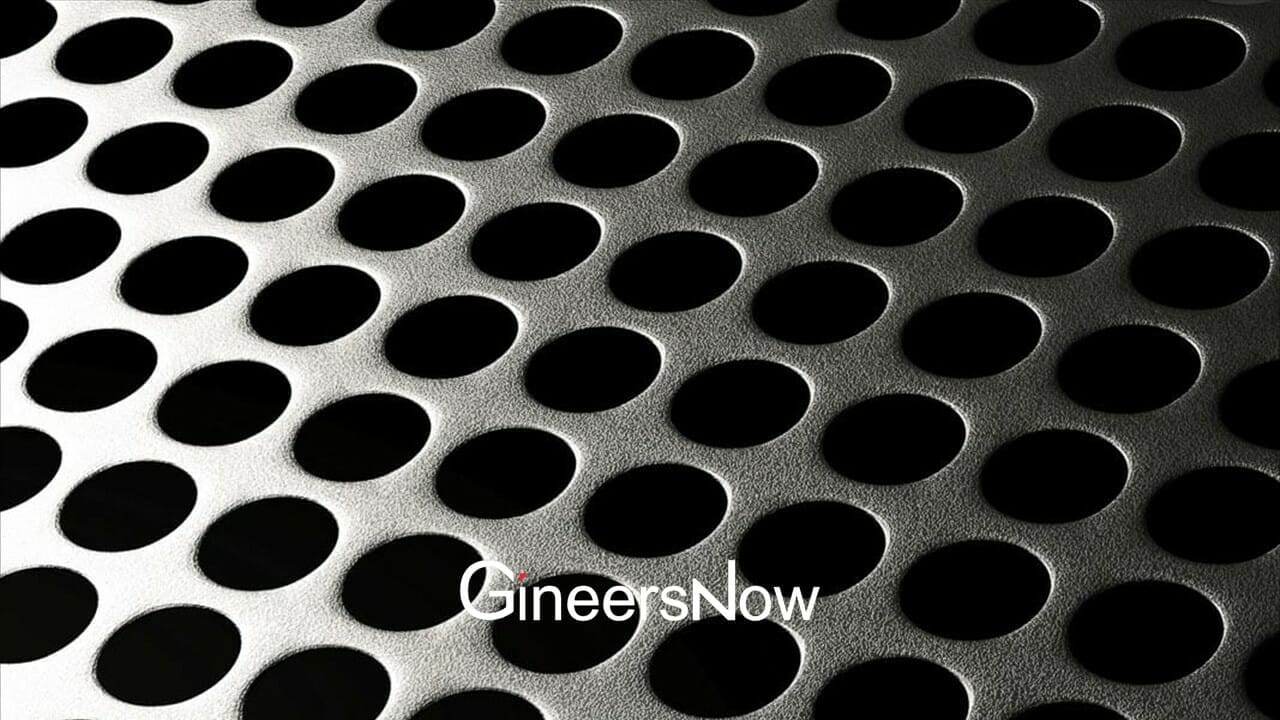In the realm of building and construction, successful projects rely on the skill, expertise, and dedication of many professionals. Each part of the process requires in-depth knowledge, precise implementation, and stringent inspections. Ensuring a structure’s safety and stability is of paramount importance, and this is where Special Inspections come into play. By focusing on critical aspects of a project, they prevent potential safety issues and construction pitfalls.
1. Understand The Scope Of Special Inspections
Knowledge is power when it comes to Special Inspections. Understanding what they entail, when they’re necessary, and how they’re conducted provides a solid foundation for success. First off, Special Inspections are designed to monitor compliance with building codes and project specifications. They typically focus on the most critical components of construction, such as structural integrity, fire resistance, and mechanical systems.
While Special Inspections are often required by law, they’re not solely about meeting regulations. They’re also about ensuring the safety, quality, and longevity of a building project. That’s why it’s vital to familiarize yourself with their requirements and processes.
2. Choose The Right Inspector
Your Special Inspections will only be as effective as the inspector conducting them. Therefore, hiring the right person for the job is crucial. Look for inspectors with ample experience, excellent track records, and a deep understanding of construction processes. They should be thorough, meticulous, and able to spot even the smallest details that could potentially cause issues down the line.
Moreover, a good inspector should communicate effectively. They should be capable of explaining their findings in clear, understandable language, empowering you to make informed decisions about your project. Remember, an inspector is your partner in building a safe, compliant structure.

3. Plan Inspections At Key Stages
To leverage the benefits of Special Inspections fully, it’s essential to schedule them at critical phases of construction. Inspections conducted too early might miss issues that arise later on while those conducted too late could mean costly retrofits or repairs. Therefore, work closely with your inspector to identify key stages where inspections will be most beneficial.
When planning, consider major milestones like foundation laying, framing, and installation of mechanical systems. Having inspections at these stages will ensure any issues are detected and rectified promptly.
4. Ensure Thorough Documentation
A fundamental aspect of successful Special Inspections lies in the thorough documentation of the entire process. From the inspection plan to the final reports, every detail should be accurately recorded. These records serve as an essential tool for accountability and future reference.
Document everything related to the inspection: the people involved, the areas inspected, the findings, and the actions taken. Keep these records organized and easily accessible. This habit won’t just help ensure compliance with regulations but will also contribute to the smooth operation of your construction project.
5. Take Immediate Action On Inspection Findings
Special Inspections can reveal issues that need immediate attention. This is where prompt, decisive action becomes crucial. Any identified problem should be addressed as soon as possible to prevent it from escalating or causing other issues.
Whether it’s a minor adjustment or a major repair, don’t put off fixing problems. Acting swiftly demonstrates your commitment to quality and safety. Plus, it can save time and money in the long run by preventing further complications.
6. Prioritize Communication And Collaboration
Success in Special Inspections, like many other aspects of construction, relies heavily on effective communication and collaboration. Everyone involved should understand their roles, the inspection plan, and the implications of the findings. By fostering an environment of transparency and teamwork, you can streamline the inspection process and make it more effective.
Encourage regular dialogue among team members. Address questions promptly, share updates consistently, and ensure all team members understand the importance of Special Inspections. This approach will facilitate smoother operations, better results, and a more successful project.
7. Keep Abreast Of Regulatory Changes
Building codes and regulations aren’t static; they evolve over time to incorporate new safety measures, construction techniques, and materials. Staying up to date with these changes is another vital practice for successful Special Inspections.
Ensure you’re regularly updated on the latest building codes and regulations. These updates could impact the scope of your inspections or introduce new inspection requirements. By staying informed, you can make sure your inspections are always compliant and thorough.
8. Embrace Continuous Learning
The construction industry is always progressing, with new technologies and methods being introduced continually. To effectively navigate this ever-evolving landscape, a commitment to continuous learning is paramount.
Encourage your team to participate in training and educational opportunities. This could range from workshops on new construction methods to courses on advanced inspection techniques. By continually enhancing your team’s knowledge and skills, you can improve the quality and effectiveness of your Special Inspections.
Conclusion
Successful Special Inspections are the result of understanding their scope, choosing the right inspector, planning inspections at key stages, maintaining thorough documentation, taking immediate action on findings, and prioritizing communication and collaboration. Each of these best practices is a building block to a safe and compliant structure, contributing to the overall success of your construction project.














